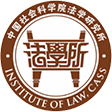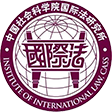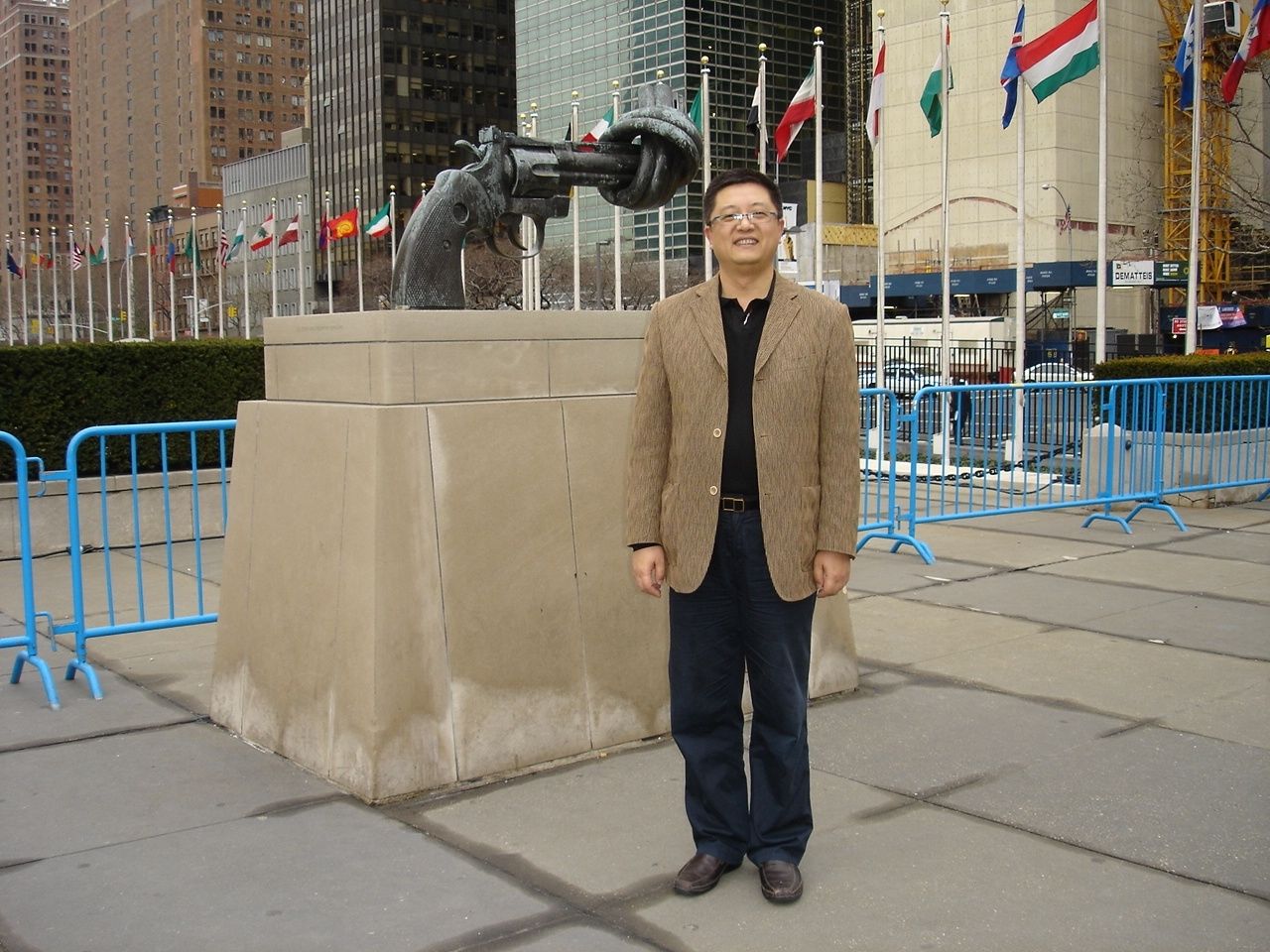刘敬东,中国社会科学院国际法所研究员,博士生导师,国际经济法室原主任,享受国务院政府特殊津贴。2015年4月-2017年12月,任最高人民法院民事审判第四庭副庭长(挂职)。中国法学会WTO法研究会副会长,中国仲裁法学会副会长,最高人民法院特邀咨询员(第四、第五届)、国际商事专家委员会委员,司法部首批涉外仲裁专家委员会委员,中国国际商会商事调解中心副主席。中国国际经济贸易仲裁委员会、深圳国际仲裁院、上海国际仲裁中心、北京仲裁委员会、新加坡国际仲裁中心等国内外著名商事仲裁机构仲裁员。
1986年至1990年就读于中国政法大学法律系法学专业,获法学学士学位。1990年至1993年,就读于中国政法大学研究生院,获法学硕士学位。1998年至2001年就读于中国政法大学研究生院,获得国际法学博士学位,2003年至2005年进入中国社会科学院法学所博士后流动站学习、工作。2008赴美国哥伦比亚大学、2010年赴瑞士苏黎世大学任访问学者。
长期从事国际法、国际经济法与国际商法研究,曾先后出版《国际融资租赁交易中的法律问题》、《中国入世议定书解读》、《WTO法律制度中的善意原则》、《WTO中的贸易与环境问题》、《全面开放与国际经济法治》《<新加坡调解公约>批准与实施机制研究》等多部国际法学术专著,以及《WTO的未来》等专业译著。在《法学研究》、《中国法学》、《中国社会科学》(英文版)、《国际法研究》、《法学》、《政法论坛》、《中国法律评论》、《中国国际法年刊》以及《Journal of World Trade》等中外权威核心法律期刊发表大量学术论文。 曾担任国家社科基金、中国社科院、最高人民法院、司法部、商务部、中国贸促会等部门多项重要课题或专题研究项目负责人。荣获中国国际法学会“航天科工”论文奖、中国法学会第七届WTO法与中国论坛优秀论文二等奖,第八届WTO法与中国论坛优秀论文一等奖,论文“WTO改革的必要性及其议题设计”荣获“全球经济治理学最佳中文论文TOP10”。
主要科研成果
著作类:
《国际融资租赁交易中心的法律问题》,中国人民公安大学出版社2002年出版。
《中国入世议定书条款解读》。中国人民公安大学出版社2004年出版。
《WTO法律制度中的善意原则》,社科文献出版社2009年10月出版。
《WTO体制下的贸易与环境问题》,社科文献出版社2014年出版。
《改革开放中的国际经济法学》,社科文献出版社2018年出版。
论文、文章类:
1、“全球经济治理新模式的法治化路径”,《法学研究》2012年第4期。
2、“当前贸易保护主义的国际法辨析”,《中国国际法年刊》2009年。
3、"一带一路"法治化体系构建研究,《政法论坛》2017年第9期。
4、"市场经济地位"国际法辨析,《国际经济法学刊》2015年第一期。
5、对有关仲裁裁决司法审查案件的请示批复的理解与适用。(与任学锋合作)《人民司法》2015年第19期。
6、“大国司法:中国国际民事诉讼制度之重构”。《法学》2016年第一期。
7、自贸试验区战略司法保障问题研究。(与丁广宇合作),《法律适用》2017年第17期。
8、“一带一路”倡议下我国对外国仲裁裁决承认与执行的实证研究。(与王路路合作),《法律适用》2018年第8期。
9、“WTO改革的必要性及其议题设计研究”,《国际经济评论》,2019年第一期。
10、Accession Protocols: Legal Status in theWTO Legal System, Journal of World Trade 48, no.4 (2014):751–772.
Liu Jingdong
CURRICULUM VITAE
Jingdong Liu, PH.D, Ex-Director of International Economic Law Department, the Institute for International Law of Chinese Academy of Social Sciences,Professor of International Law. Vice-Chief Justice of No.4 Civil Tribunal of Supreme People’s Court of China (April, 2015-December, 2017), Vice President of WTO Law Research Society of China Law Society and Vice President of China’s Arbitration Law Society. He is member of first-round International Commercial Expert Committee of China International Commerce Court(CICC),and Special Counselor of Supreme People’s Court of China, Arbitrator of China International Economic and Trade Arbitration Commission ,Shenzhen Court of International Arbitration, Shanghai International Arbitration Center, Singapore International Arbitration Center,etc. Vice-Chairman of Commercial Mediation Center of China Chamber Of International Commerce.
1986—1990, Studied at the law faculty, China University of Political Sciences and Law, gained Law Bachelor.
1990—1993, Studied at the Graduate School, Chinese University of Political Sciences and Law, majoring in International law, gained LLM.
1998—2001, Studied at the Graduate School, Chinese University of Political Sciences and Law, majoring in International economic law, gained LL.D.
2003-2005, Worked and studied as Post-Doctor in Law Institute of Chinese Academy of Social Sciences.
Professor Liu was also visiting scholar of Columbia Law School of U.S from 2008-2009 and of Zurich University in 2010.
Professor Liu has been engaged in research on International law, International economic law and International commercial law for a long time. Professor Liu has published many books, such as “Legal Issues on International Financial Leasing”, “The Interpretation on Articles of The Protocol of China’s Accession to WTO”,“Good Faith in WTO legal System”,”Problems on Trade and Environment In the WTO” ,“All-round Opening Up and Rule of Law of International Economy” and so on. He also publish a lot of articles in “Chinese Journal of Law”, “China Legal Science”, “Legal Science”, “Tribune of Political Science and Law”、“Chinese Review of International Law”, “Journal of World Trade”. He has obtained Paper’s Reward of China ‘Society of International Law in 2012, and Paper’s Reward of WTO Law Research Society of China Law Society in 2014 and 2015 respectively. “Research on the Necessity of WTO Reform and the Design of Reform Issues”written by Professor Liu has been awarded 2019 Top 10 Paper for “Global Economic Governance”.




